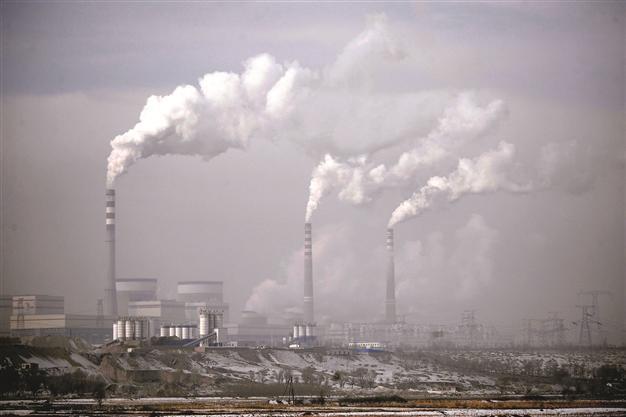Sustainable supply chain tops agenda of summit
ISTANBUL – Hürriyet Daily News

Participants and speakers at the Sustainable Business Summit stressed the importance of extending sustainability beyond single companies. AP photo
Prominent actors working to extend sustainability practices to supply chains around the world convened at the first Sustainable Business Summit held in Istanbul yesterday.
A number of decision-making professionals from top global and local companies, as well as representatives of multinational non-governmental organizations (NGO) working on the issue, discussed the importance of maintaining sustainability in supply chains and shared their experiences at the summit.
All of the speeches and presentations delivered were based on the assumption that the flag carriers of the change of perception in business making towards a more responsible path are companies, rather than governments.
The urgent need, as well as the benefit, of adopting measures to minimize the social and environmental repercussions of business operations were acknowledged by most of the top companies in the world. However, as studies on the issue have deepened over the time, the necessity of extending these measures beyond organizational boundaries has also come into the picture.
For example, one of the speakers, Sonya Bhonsle, a director of Carbon Disclosure Project, which collects carbon disclosure information from 81 percent of world’s largest companies, quoted a McKenzie report which revealed that up to 60 percent of the company’s footprint resides upstream in their supply chain.
In her speech at the summit, Bhonsale stressed two issues particularly: top companies’ strong dependency on their suppliers, which raises the significance of imposing sustainability principles to chains, and how sustainability is important for companies’ reputation and trustworthiness in the eyes of customers.
72 pct of Europeans want sustainable goodsWhile 81 percent of emerging market customers have more trust in sustainable brands, 72 percent of European customers are willing to pay for sustainable products, she said.
In another speech delivered by Inga-Lena Darkow, Supply Chain Strategy Development expert at Germany-based chemical company BASF, a main supporter of the organization, participants had a chance to glimpse at how the company manages sustainability in its relationships with suppliers. Her remarks were particularly valuable as BASF has been named as the only company among the world’s top 800 companies that announces a carbon disclosure of all of its suppliers.
A panel attended by the sales and sustainability directors of top global companies Mercedes Benz, IKEA, Marks & Spencer and moderated by the representative of Turkish retailer Boyner Group also took place within the program.
